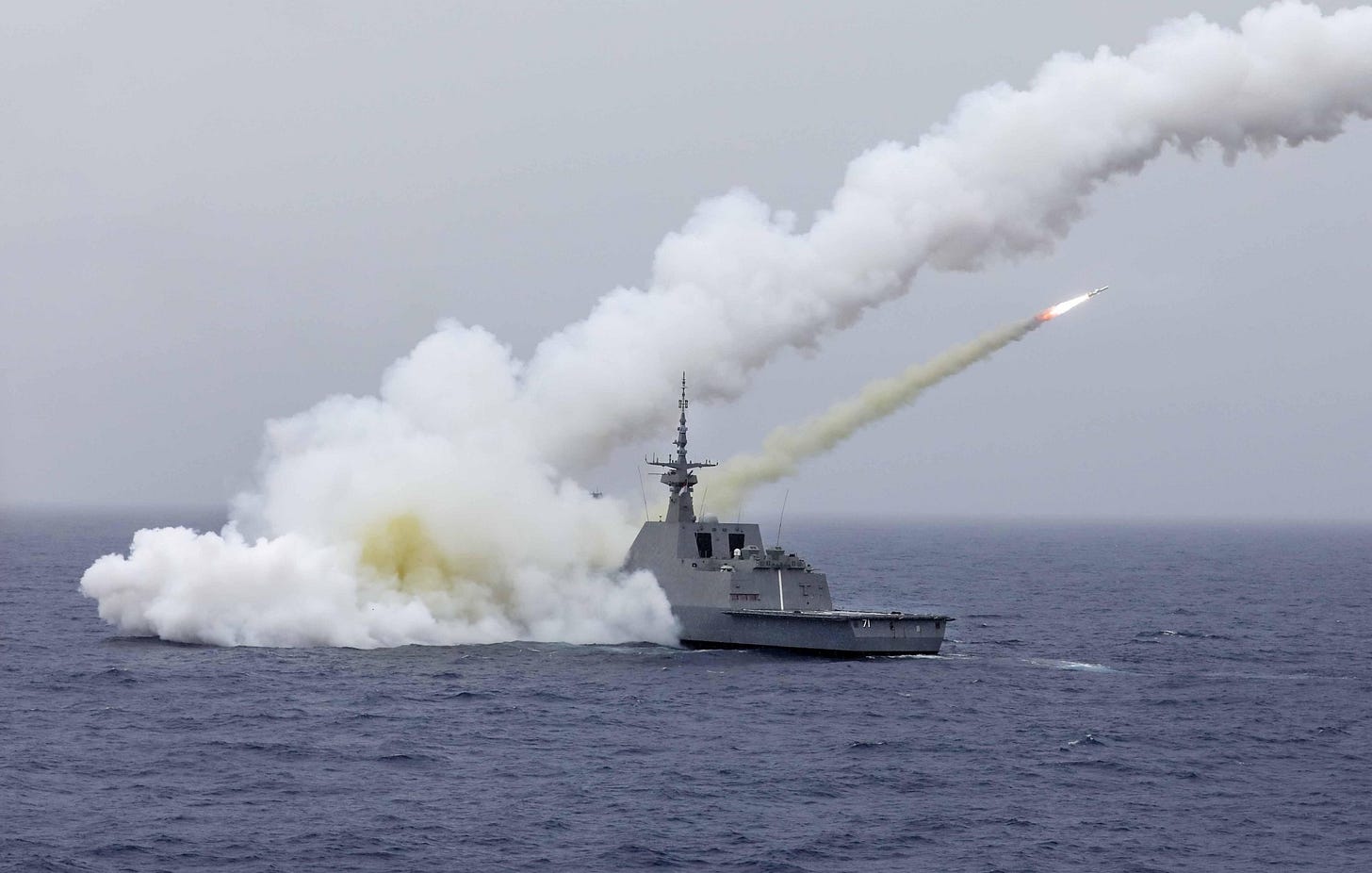Great Power Competition and Southeast Asia: Can Singapore Navigate its Big Foreign Policy Challenge?
An ex-top diplomat details in a newly-released book how Singapore, the region and the world can navigate the potentially existential challenge of heightened major power competition.
A newly-released book by ex-top Singapore diplomat Bilahari Kausikan argues that Singapore needs to safeguard its agency and consistently stick to its national interests above all else if it hopes to navigate the potentially existential challenges of heightened major power competition gripping Southeast Asia and the world more generally.
Great Power Competition and Southeast Asia: Can Singapore Navigate its "Existential" Foreign Policy Challenge?

Context
Those carefully monitoring Singapore’s foreign policy landscape will have noticed manifestations of growing concern as the country navigates intensifying major power competition — from the heightened attention to Chinese influence operations hitting the only ethnic Chinese-majority sovereign state in Southeast Asia, to anxieties over segments of domestic public opinion following the government’s decision to impose unilateral sanctions on Russia following its invasion of Ukraine. While Singapore is not alone in confronting these challenges, these developments warrant attention given its position as Southeast Asia’s most military advanced and diplomatically active states. This is even more so as the country’s politics become more contested and the ruling People’s Action Party (PAP) follows through on its succession to its fourth-generation of leaders and further away from the family of founding father Lee Kuan Yew, whose son Lee Hsien Loong now leads the country.
A new book by ex-top Singapore diplomat Bilahari Kausikan, entitled Singapore is Still Not an Island, argues that Singapore needs to safeguard its agency and stick closely to its national interests if it hopes to navigate the potentially existential challenges of heightened major power competition1. At first glance, this seems like an argument few would disagree with in the abstract. Yet as Bilahari shows in a wide-ranging six-part series of speeches and commentaries (see the six parts pictured below), specific domestic developments suggest that this notion is more contested than it would seem — from the so-called “small state debate” set off by ex-top Singapore diplomat Kishore Mahbubani in 2017 on the extent to which the country should wade into issues like the South China Sea in the post-Lee Kuan Yew era to the “racial lens” through which he fears some Singaporeans view ongoing U.S.-China competition.2 Appreciating this reality is critical if states like Singapore are to exert agency in a world order of what Bilahari terms “dynamic multipolarity” — as opposed to talk of a “new Cold War” which he labels “intellectually lazy” — with the United States and China in a league of their own but some maneuverability for middle powers and smaller countries3.
Sections & Issues In “Singapore Is Still Not An Island”
Analysis
The book deserves credit for confronting a key issue within Singapore’s foreign policy conversation head-on: how externally vulnerable the country is and what should be done about it. While some scholars have argued that the perception of innate vulnerability was baked into Singapore’s independence and persisted amid its remarkable inroads in the decades since, this tells us less about the exact degree of external vulnerability felt by various domestic actors today and their policy implications4. Is this sense of vulnerability underappreciated, with segments of Singapore’s elite and citizens needing to be awakened out of a state of complacency in a more threatening regional and global environment; or, is it overemphasized, which may underestimate the strengths of the country and the resilience of its people to foreign threats? Bilahari’s view tends towards the former. But, more broadly, this is a question that is being asked not just in Singapore, but also in key Indo-Pacific capitals including Washington, D.C, with implications for everything from education policy to defense spending.
The book also succeeds in clearly laying out complex domestic, regional and global realities that Singapore confronts. It provides details on key policy inflection points that have occurred since the publication of the first volume back in 20175 – including Singapore’s position on Russia’s invasion of Ukraine; China’s growing role in the Middle East; and Southeast Asia’s choices amid U.S.-China competition. And though some may disagree with aspects of what another of Singapore’s ex-top diplomats Chan Heng Chee recently referred to in a launch event as Bilahari’s “hyper realist” worldview — like his suggestion that ASEAN may have in fact overreached, rather than underreached in dealing with conflict in Myanmar — the editor’s preface, his introduction and the careful selection of topics included, provide a coherent synthesis of his perspective on how this affects Singapore’s interests6. Most of the sections also include some suggested approaches, if not more explicit policy recommendations (see just a few brief illustrative summaries in the table below).






